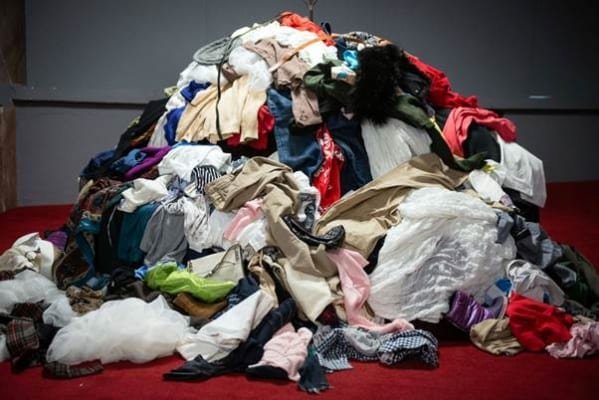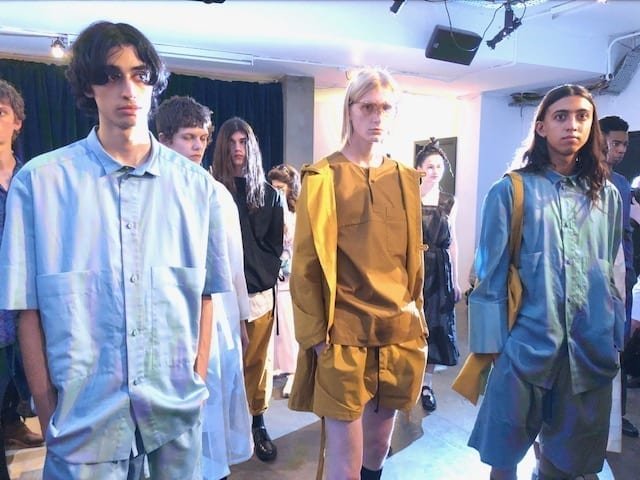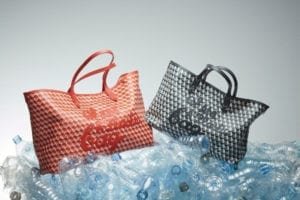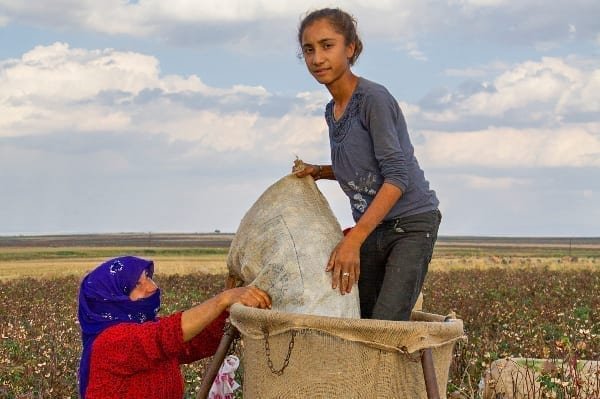Developing sustainable fabrics, boosting fabric recycling and bringing manufacturing jobs back to the UK are some of the key recommendations put forward to the government today (15 September).
They are presented in a new report from the All-Party Parliamentary Group for Ethics and Sustainability in Fashion, supported by environmental charity Hubbub.
The report sets out how the sector could follow a more sustainable route and the role that government and consumers might play.
Fashion and microplastics
Covid-19 has significantly hit the fashion industry. Supply chains have broken, sales have dropped, unsold stock has built, retail outlets have closed and companies have gone out of business.
Consumer habits have shifted and so have attitudes – the public wants to see change.
Before the virus struck, the environmental and social impact of the industry was increasingly under public scrutiny.
Fast fashion resulted in £140 million worth of clothing being sent to landfill every year in the UK.
Whilst charity shop donation rates are high, 300,000 tonnes of clothing still end up in household bins every year, with around 20% of this going to landfill and 80% incinerated.
The industry’s carbon dioxide emissions were expected to rise to nearly 2.8 billion tonnes by 2030.
The 2019 House of Commons Environment Audit Select Committee report, Fixing Fashion: clothing consumption and sustainability, found that textile production accounted for 20-35% of microplastics in the oceans as well as toxicity in the land and particles in the air.
The government rejected certain recommendations and felt that the rest were covered, to some degree, in the 2018 Resource and Waste Strategy published two months prior to the Fixing Fashion report.
UK public wants change
New research released today by Hubbub shows 65% of UK residents agree that the government should urgently do more to reduce the impact of the fashion industry on the environment.
The APPG report calls for the government to invest in research and development to create more sustainable fabrics that have a lower environmental and social impact – a move backed by 66% of the public.
It also recommends investment in UK fabric recycling facilities to create a more circular economy (supported by 73% of the public) and support for new start-up businesses operating more green business models (backed by 74% of the public).
 Play Video about This Rock Might Just Save The World
Play Video about This Rock Might Just Save The World Play Video about Play 2 hours of rock
Play Video about Play 2 hours of rock Play Video about Play 2 hours of brook
Play Video about Play 2 hours of brook Play Video about Play 2 hours of sheep
Play Video about Play 2 hours of sheep















































